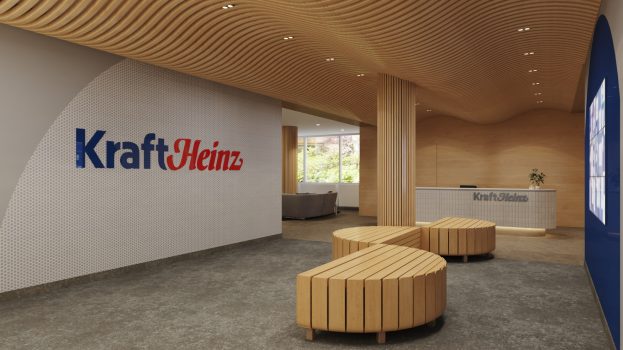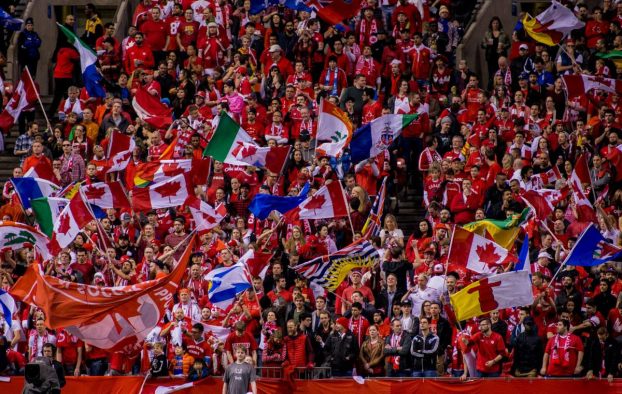Pet food specialty stores and private label products have chased more than a half-dozen established brands of pet food off Canadian store shelves.
Tender Chunks and Ken-L Ration dog foods, and Puss ‘n Boots cat food are only some of Quaker Oats Company of Canada’s brand name pet foods that will disappear at the end of July when the Trenton, Ont. manufacturing plant closes down.
Deadly combination
According to an industry source who asked not to be named, the combination of the two market forces ultimately led to the demise of the majority of Quaker’s brands.
‘The big pet food brands that have a lot of equity and can afford to keep advertising are doing all right, but the second- and third-tier brands that never got a chance to develop a strong brand franchise are getting squeezed out,’ the source says.
The source says Quaker was a case-in-point, adding, since it could not sell enough product to either price brands cheaper than private label or justify giving them full advertising support, they fell off the edge.
While it is no secret that national brand sales in many grocery segments are being negatively affected by category stores and private label products, pet food may be the only packaged goods category that is forced to deal with both.
Pet food specialty stores and private label brands seem to have managed to cover both the high and low ends of the market.
Specialty stores are pulling in pet owners searching for specialty products at a good price, and no-name label brands are attracting people who want low-cost but nutritious pet food.
Pet food specialty stores carry diet-specific products such as Colgate-Palmolive’s Science Diet brand which is not available in grocery stores.
They also stock a selection of national brands and sell them cheaper than in the mass market.
Representatives of Toronto-based Pet Valu Discount Pet Foods, a chain of value-priced pet food stores, refuses to answer any questions about how products are selected for the shelves or how many stores are in the country.
New identity
Dave Mitchell, manager of the Pet Food Association of Canada, says private label products are not without an identity like they were five years ago.
‘Private label, whether it’s cookies or pet food, has become a brand,’ Mitchell says.
‘Obviously, people think that private label has the nutritional qualities of the national brand manufacturers, and they feel comfortable with it,’ he says.
In 1993, private label pet food manufacturers had annual revenues approaching $100 million, or almost one-eighth of the $750-million industry.
The remaining multinationals that make up about 80% of the market’s players include Nestle S.A. (Dr. Ballard), Ralston Purina (Dog Chow), and Mars (Kal Kan.)





















